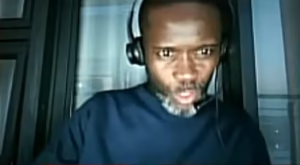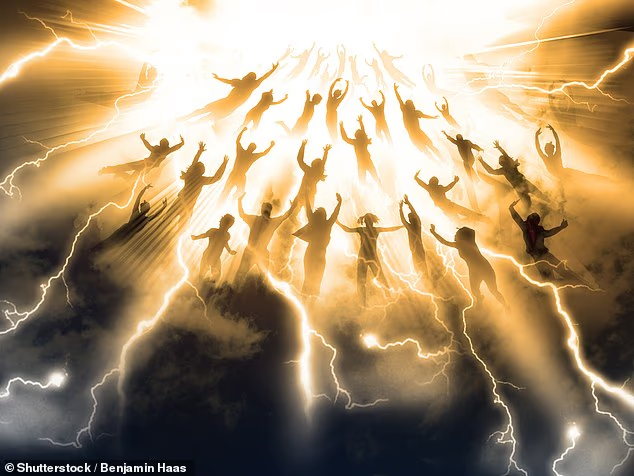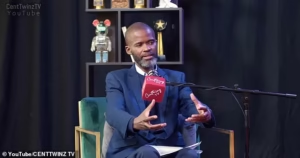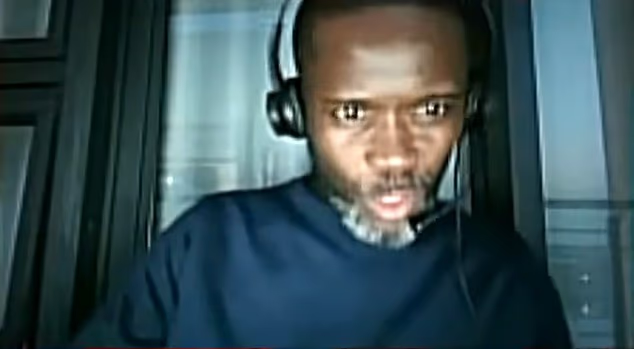After Failed Prediction, Pastors Apologize for False Rapture Announcement
The Christian pastor and other figures who falsely predicted the rapture and the end of the world on September 23rd are now speaking out after their prophecies failed to come true.
The predicted global rapture failed to happen, which confused many believers and left them seeking answers
The Vision That Sparked a Global Expectation
Pastor Joshua Mhlakela, a South African preacher, was at the center of this prediction. He claimed Jesus appeared to him in a vision, stating He would return during the Jewish Feast of Trumpets, which aligned with dates that would trigger a worldwide rapture. Despite this confident prophecy, the dates passed without the promised event occurring, leaving the concept of the rapture shrouded in doubt for his followers.

Unmasked: Secret BBC filming exposes hidden culture of misogyny and racism inside Met Police
Social Media Fallout and Heartfelt Apologies
In the aftermath, social media was immediately flooded with reactions from those who were convinced the rapture was imminent. For instance, one Australian man, Tilahun Desalegn, a self-described prophet, posted a video apologizing for his role in spreading the prediction. Specifically, he stated, “I will never publicly talk about the rapture again,” a declaration that highlights the personal fallout from the failed prophecy. Ultimately, this public regret underscores the profound emotional weight tied to predictions about the rapture.
“I Only Believed a Man”: A Prophet’s Regret
Another individual, a Nigerian prophet named Kingsalem Igwe, also issued a heartfelt apology in a video. He explained that he believed the man who claimed Jesus spoke to him about the disappearance. The failed prediction has led to a broader discussion about the timing and nature of the biblical rapture. Many now are questioning how such definitive dates are determined.

“He Is Coming”: The Livestream That Ended in Disappointment
During a since-deleted livestream, Pastor Mhlakela himself preached patience as the clock passed midnight. He urged his viewers to “keep waiting,” insisting the Lord was still on his way. However, the continued absence of the promised rapture has led to significant online backlash.

Many Christian influencers and faith leaders have since issued public apologies for their role in spreading the failed prediction. This reminds believers to be cautious about setting specific dates for such events.
Youth Empowerment: A Gateway To Sustainable Development



